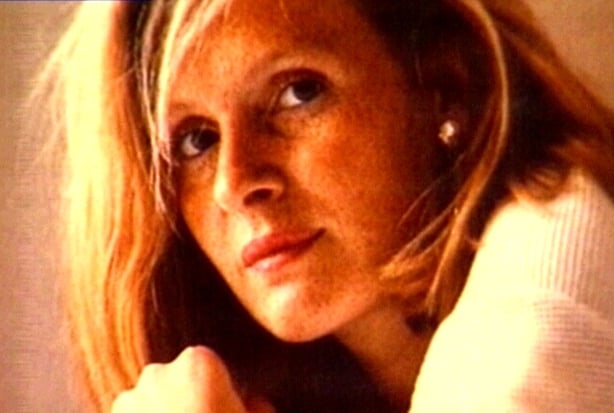Sophie Toscan du Plantier's son has said Ian Bailey entangled himself in lies and contradictions over the past 27 years and that his family will continue to fight for truth and justice for his mother.
Pierre-Louis Baudey-Vignaud said with Mr Bailey's death they will now never hear a confession from him.
Ian Bailey, who was the chief suspect in the murder of Sophie Toscan du Plantier, died yesterday.
In a video statement to RTÉ News from France, Mr Baudey-Vignaud said Mr Bailey "always avoided telling the truth about this murder, of which beyond any reasonable doubt he knew every detail".
Ms Toscan du Plantier was found murdered outside her west Cork home near Schull on the morning of 23 December 1996.

Her son said: "An investigation is still under way in Ireland and we are confident that with the discovery of new elements, the hearing of new witnesses and revelations of possible complicity will enable Irish police to close the case finally."
Mr Baudey-Vignaud said Mr Bailey refused to answer questions from French investigators "entangling himself in lies and contradiction, provoking and taunting the police, the judiciary and the media".
Mr Bailey, a former journalist, was arrested twice by gardaí investigating Ms Toscan du Plantier's death.
However, the Director of Public Prosecutions decided no charge was to be brought to him in relation to her murder.
He was convicted in his absence of the murder by a French court in 2020 and a 25-year sentence was imposed on him.
However, the High Court in Ireland ruled that he should not be extradited to France to face that jail term.
It was one of several attempts by the French authorities to have him extradited to face charges in the French courts.
Mr Baudey-Vignaud said despite the trial in France and repeated requests for his extradition "Ian Bailey remained free, never facing charges from the Irish justice system".
"Irish judicial authorities never wanted to charge him or extradite him to France in disregard of European commitments based on the principal of mutual trust between states which Ireland signed and ratified," he said.






